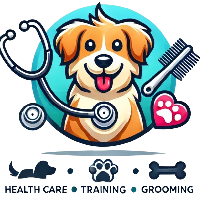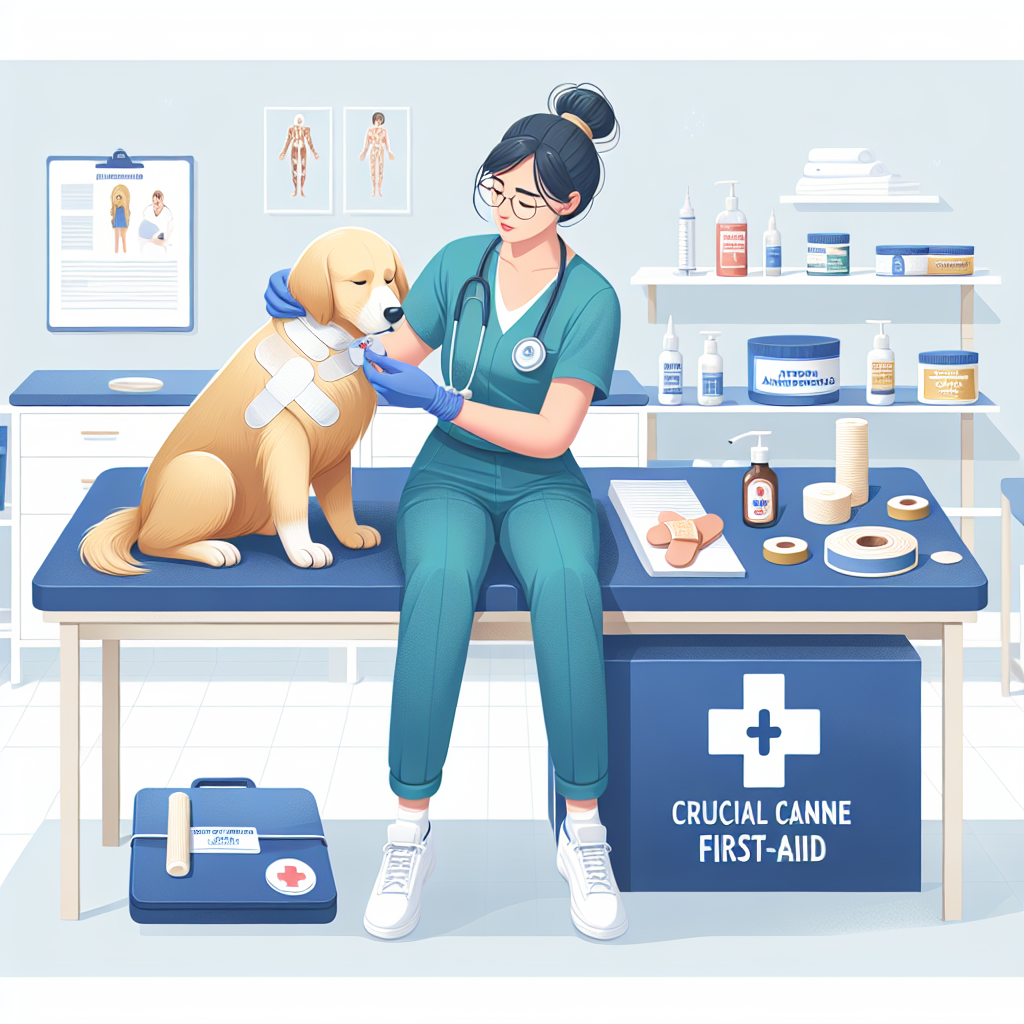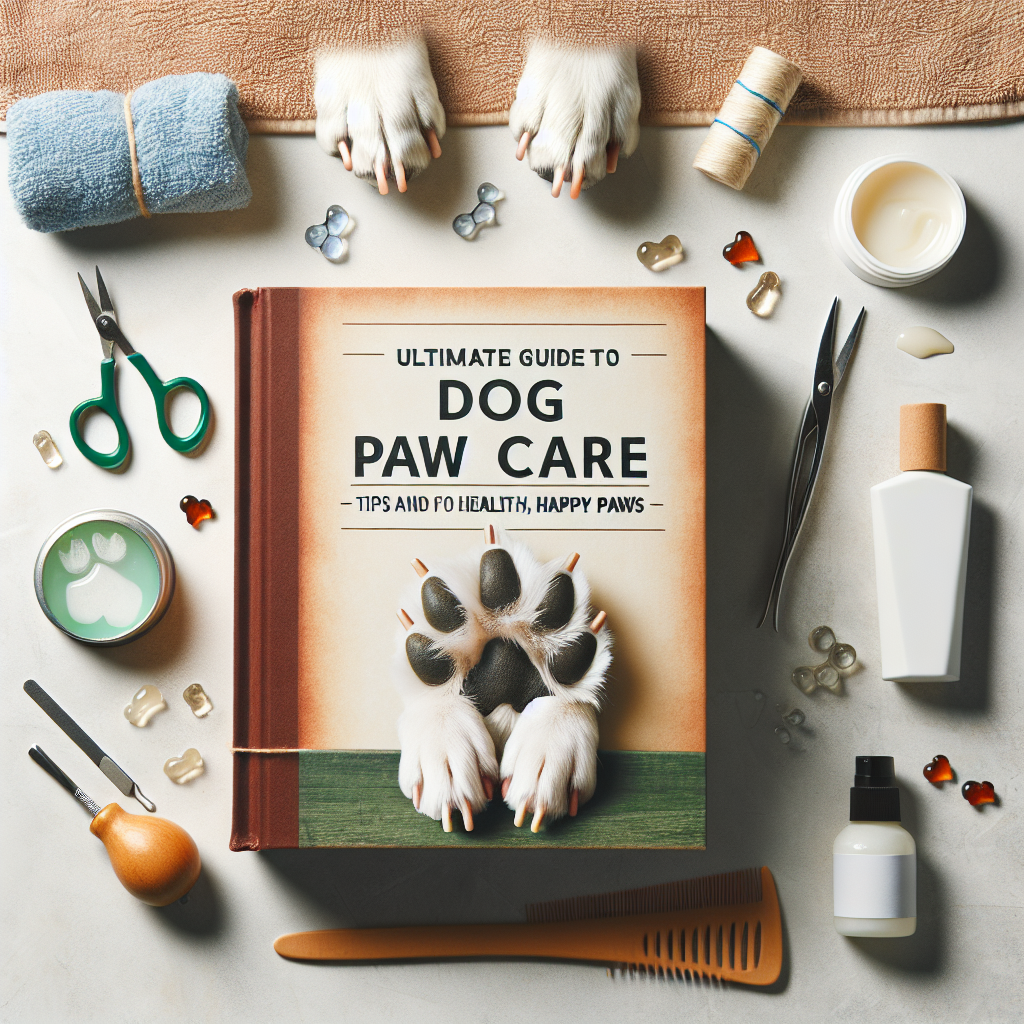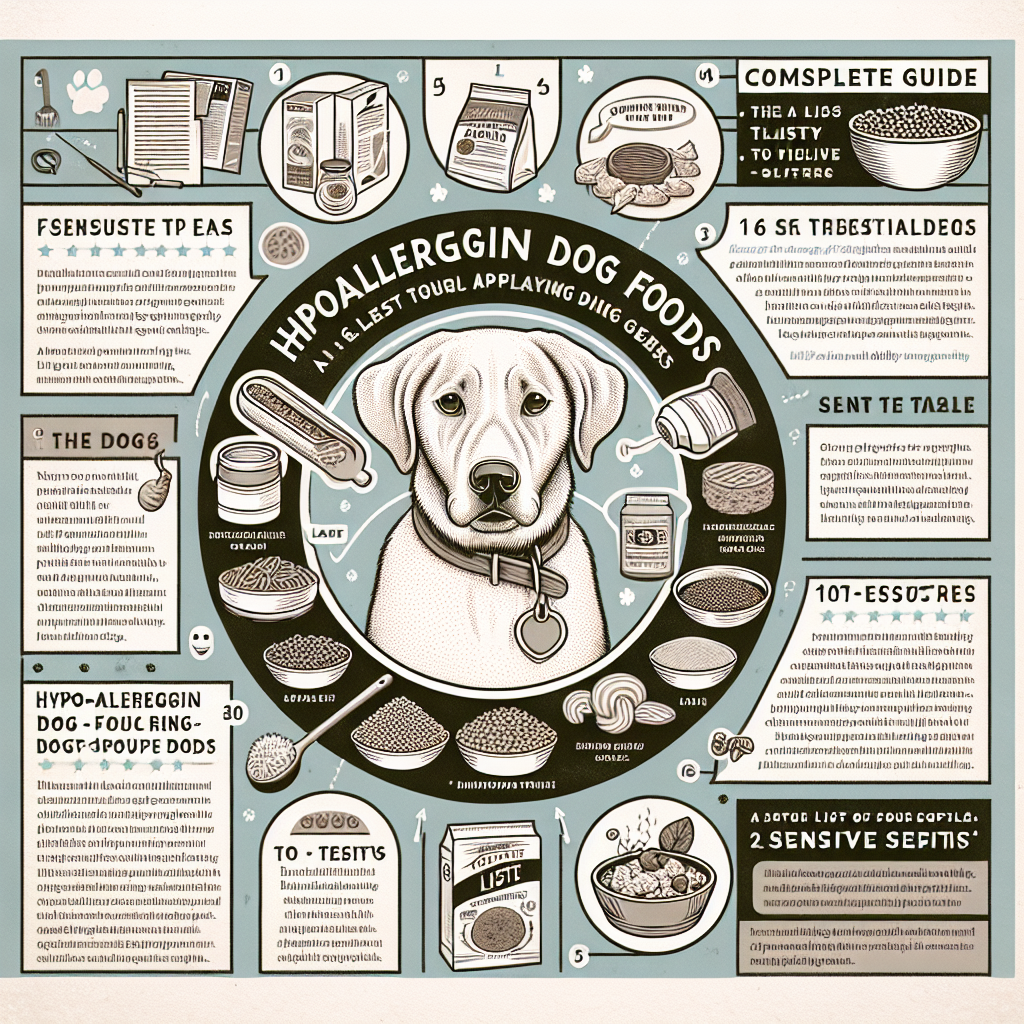
Dogs are more than just pets; they are family. Ensuring that your canine friend remains healthy is a top priority for any pet owner, and this involves more than just regular walks and a balanced diet. One of the most critical aspects of canine health is skin care. A dog’s skin and coat condition not only significantly impact their comfort and appearance but also serve as indicators of their overall health. Below are the top 10 essential dog skin care tips to help you maintain a healthy and shiny coat for your furry companion.
1. Balanced Diet and Hydration
Importance of Nutrition
A balanced diet is the foundation for a healthy coat. Feeding your dog high-quality, nutrient-rich food ensures they receive the essential vitamins and minerals they need. Omega-3 and Omega-6 fatty acids play a crucial role in maintaining skin elasticity and promoting a lustrous coat. Look for dog food that lists fish oil, flaxseeds, or other sources of these essential fatty acids.
Benefits of Hydration
Hydration is equally critical. Water aids in the skin’s elasticity and helps maintain a glowing coat. Ensure that your dog has continuous access to fresh, clean water. Dehydration can lead to dry and flaky skin, which can cause itching and discomfort.
2. Regular Grooming
Brushing
Regular brushing is vital for removing dirt, debris, and loose fur. It also helps to distribute natural oils evenly across your dog’s skin, which promotes a shiny and healthy coat. The frequency and type of brush you use depend on your dog’s breed and coat type. For example, a slicker brush works well for long-haired breeds, while a bristle brush is suitable for short-haired dogs.
Bathing
Bathing your dog should be done moderately. Over-bathing can strip the skin of its natural oils, leading to dryness and irritation. Use dog-specific shampoos and conditioners, as these are formulated to suit their skin’s pH levels. Avoid human shampoos as they can be too harsh for dogs.
3. Parasite Control
Fleas and Ticks
Parasites like fleas and ticks can cause severe skin problems, including itching, redness, and infection. Regularly check your dog for these parasites and use preventive treatments as recommended by your vet.
Mites and Other Internal Parasites
Mites can also cause skin issues, so it’s crucial to have regular veterinary check-ups to catch any infestation early. Some internal parasites can affect your dog’s skin and coat condition, so comprehensive parasite control is essential.
4. Regular Veterinary Check-ups
Importance of Health Monitoring
Regular vet visits are crucial for maintaining your dog’s overall health, including their skin and coat. Vets can identify and treat issues like allergies, infections, and hormonal imbalances that can affect skin health.
Vaccinations
Keeping your dog up to date with vaccinations can prevent diseases that may have secondary effects on the skin.
5. Essential Fatty Acids Supplements
Benefits for Skin and Coat
As mentioned earlier, Omega-3 and Omega-6 fatty acids are vital for skin and coat health. If your dog’s diet lacks these nutrients, consider adding a fatty acid supplement, such as fish oil, to their diet. Consult your vet for the appropriate dosage and product recommendations.
Natural Sources
In addition to supplements, you can incorporate natural sources of essential fatty acids into your dog’s diet, such as fish, chia seeds, or flaxseeds.
6. Addressing Allergies
Identifying Allergens
Allergies can significantly impact your dog’s skin health. Common allergens include certain foods, pollen, dust mites, and even household cleaning products. Identifying the allergen is a crucial first step in providing relief for your dog.
Treatment Options
Once identified, eliminate the allergen from your dog’s environment if possible. Your vet may recommend medications, special diets, or topical treatments to manage allergy symptoms.
7. Environmental Considerations
Outdoor Factors
Exposure to harsh weather conditions can affect your dog’s skin and coat. For instance, prolonged sun exposure can lead to sunburn, while dry winter air can cause skin to crack and become flaky. Limit outdoor time during extreme weather and consider using protective gear like doggy sunblock or balms.
Indoor Environment
An overly dry indoor environment can also cause skin issues. Using a humidifier can help maintain adequate moisture levels in the air, benefiting your dog’s skin and coat.
8. Regular Exercise
Benefits to Skin Health
Exercise promotes healthy blood circulation, which benefits the skin and keeps the coat healthy and shiny. Regular activity also helps maintain a healthy weight, reducing the risk of skin folds that can harbor bacteria and cause infections.
Mental Health
A well-exercised dog is generally happier and less stressed, which can positively impact skin health. Stress can lead to over-grooming and itching, causing skin problems.
9. Gentle Skin Care Products
Dog-Specific Products
Always use products formulated specifically for dogs. This includes shampoos, conditioners, and any topical treatments. Human products often contain ingredients harmful or too harsh for dogs.
Natural and Hypoallergenic Options
Opt for natural, hypoallergenic products whenever possible. Ingredients like oatmeal, aloe vera, and chamomile can soothe and nourish the skin.
10. Regular Inspections and Early Intervention
Importance of Early Detection
Regularly inspect your dog’s skin and coat for any signs of trouble, such as redness, swelling, bald spots, or unusual lumps. Early detection allows for prompt treatment, preventing minor issues from becoming serious problems.
Prompt Action
If you notice anything unusual, consult your vet promptly. Early intervention is key to effectively managing and treating skin issues.
Conclusion
Maintaining a healthy and shiny coat for your dog involves a combination of proper nutrition, regular grooming, preventative measures, and keen observation. By following these top 10 essential skin care tips, you can ensure your furry friend stays comfortable, healthy, and radiant. As with any health regimen, it’s crucial to maintain regular communication with your veterinarian to address any specific concerns or needs your dog may have. With the right care and attention, your dog can enjoy a happy, itch-free life and a coat that gleams with health.
#ChatGPT assisted in the creation of this article.





